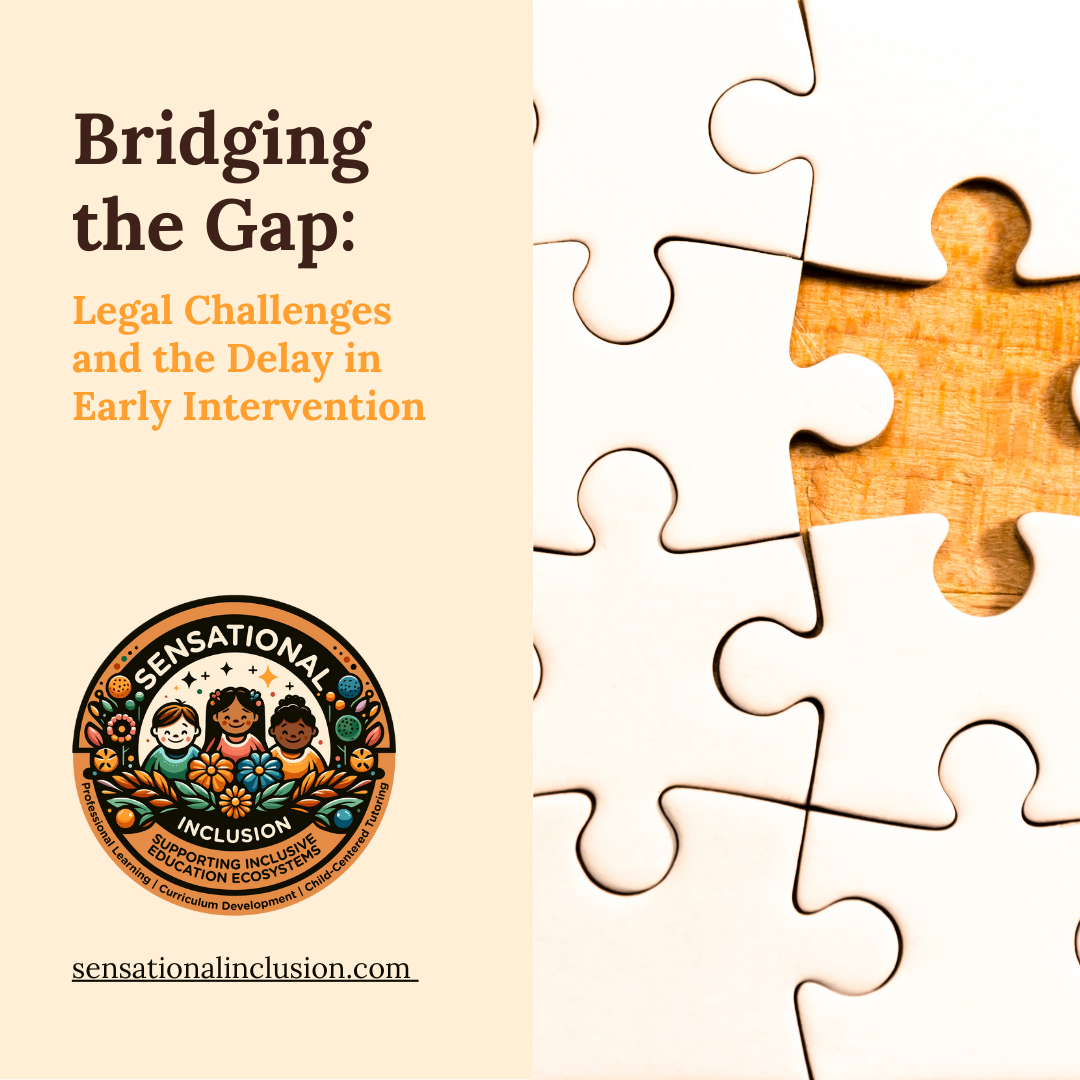The current landscape of early intervention in the United States presents a stark tableau of systemic failure, particularly in its impact on Black and Brown communities. This isn’t merely a gap; it’s a chasm of injustice. Consider the research by the American Academy of Pediatrics, which illuminates a disturbing trend: Black children consistently receive later diagnosis for developmental delays than their white counterparts. This isn’t just an oversight; it’s a manifestation of ingrained systemic biases that perpetuate a vicious cycle of socio-economic inequality. We must question why a system designed to nurture development so blatantly fails those most in need.
The Price of Delay: A Legacy of Inequity
The 18-month setback in developmental assessments transcends a mere administrative oversight; it marks a significant detour in a child’s growth path, striking children from communities of color with disproportionate severity. In overlooking these pivotal early years, we do more than inhibit individual growth; we’re actively weaving a tapestry of intergenerational disadvantage. This critical viewpoint is supported by the National Institute of Child Health and Human Development, which correlates delayed intervention with subpar life outcomes. This scenario transcends policy missteps, casting a revealing light on the values our society holds. It raises a profound inquiry: Who is deemed worthy of not just living, but living fully, and what foundational support is granted to ensure a life that is not only accommodating but also richly nurtured?
Rethinking Policy: Beyond Surface-Level Reforms
The Individuals with Disabilities Education Act (IDEA) promises equality but delivers disparity. It’s a legal paradox, ostensibly guaranteeing equal access while systematically failing Black and Brown children. Critical analysis, such as that found in the Harvard Civil Rights-Civil Liberties Law Review, calls for an urgent reevaluation of IDEA. This isn’t just about tweaking a system; it’s about confronting and dismantling the biases embedded within it.
We need a radical reimagining of federal and state approaches to early intervention. This is not just about reform; it’s about revolutionizing the entire framework. As the Urban Institute’s policy analysis suggests, this means reallocating resources and reconstructing policies to directly combat racial disparities. Anything less is merely cosmetic change.
Empowering Communities: The Heart of Change
Real transformation in early intervention needs to start within the communities that are most impacted, and admittedly, that seems incredibly unjust. Why should the burden fall on those already facing the greatest challenges? It sounds counterintuitive, placing the onus on the wrong shoulders. However, there’s another angle to consider (and yes, I’m aware it’s a bit of a paradox). Those who live these experiences daily are often the ones who hold the key to effective solutions. They have the insight and firsthand knowledge that outsiders might lack. If I had more time, I’d delve into StandPoint theory to shed more light on this. But communities of parents and caregivers understand the pitfalls in a system and so their solutions are those that not only fill the gap but create a smoother surface for others to cross. This is not to say that they need to be doing all the work in these efforts but the collective convening around this issue has to happen around parent/caregiver voices.
Private Practices: The Pricey Gatekeepers of Neurodiversity
These private practices are the VIP lounges of the medical industry. You get shorter wait times, which is great because who wants to spend months wondering if they’re neurodivergent or just quirky? Plus, the care you receive is top-notch – think of it as the five-star hotel experience, but instead of a mint on your pillow, you get a neurologist and a psychologist.
First things first, let’s talk about money. I had to write a painful check for my $3,500 autism assessment. Yea, you read that right. That is a cruise, a WHOLE trip to the Bahamas, or the down payment on a cute car. But here’s the million-dollar question (or should I say, the $3,500 question): Can these practices be a little more… approachable? Like, maybe offer sliding scales, work with insurance, or even dare to dream, do mobile assessments? I know, I know, it’s a wild thought – making ALL healthcare accessible.
Imagine a world where private practices join forces with public agencies to bridge the gap in services. It’s like a superhero team-up, but instead of fighting aliens, they’re tackling healthcare disparities. And let’s not forget about sliding scales and “paying what you can afford” options. And insurance companies – oh, the insurance industrial complex. If private practices could spar with these agencies to make their practices more accessible that would just be lovely.
While I’m still salty about forking over a small fortune for my assessment, I can’t deny the quality of care was top-tier. But let’s face it, private practices, you’ve got the skills and the resources. It’s time to step up and join the conversation and call to action. Stop acting like Anikan and join the force, we don’t bite (unless you are 4 and below, then it is developmentally appropriate).
Urgent Call for Change: Overhauling Early Intervention for Our Children’s Rights
In conclusion, the glaring inadequacies of our present system in delivering prompt early intervention starkly violate the rights of children, with a disproportionately adverse impact on those from minoritized backgrounds. This situation demands an immediate and radical transformation of our societal structures, inspired by the principle that if we genuinely valued our children, they would not be subjected to such neglect. No child should have to endure waiting or be deprived of their fundamental human rights. This calls for not just policy change, but a deep-rooted shift in our collective mindset and actions towards the well-being and equitable support and treatment of all children.

